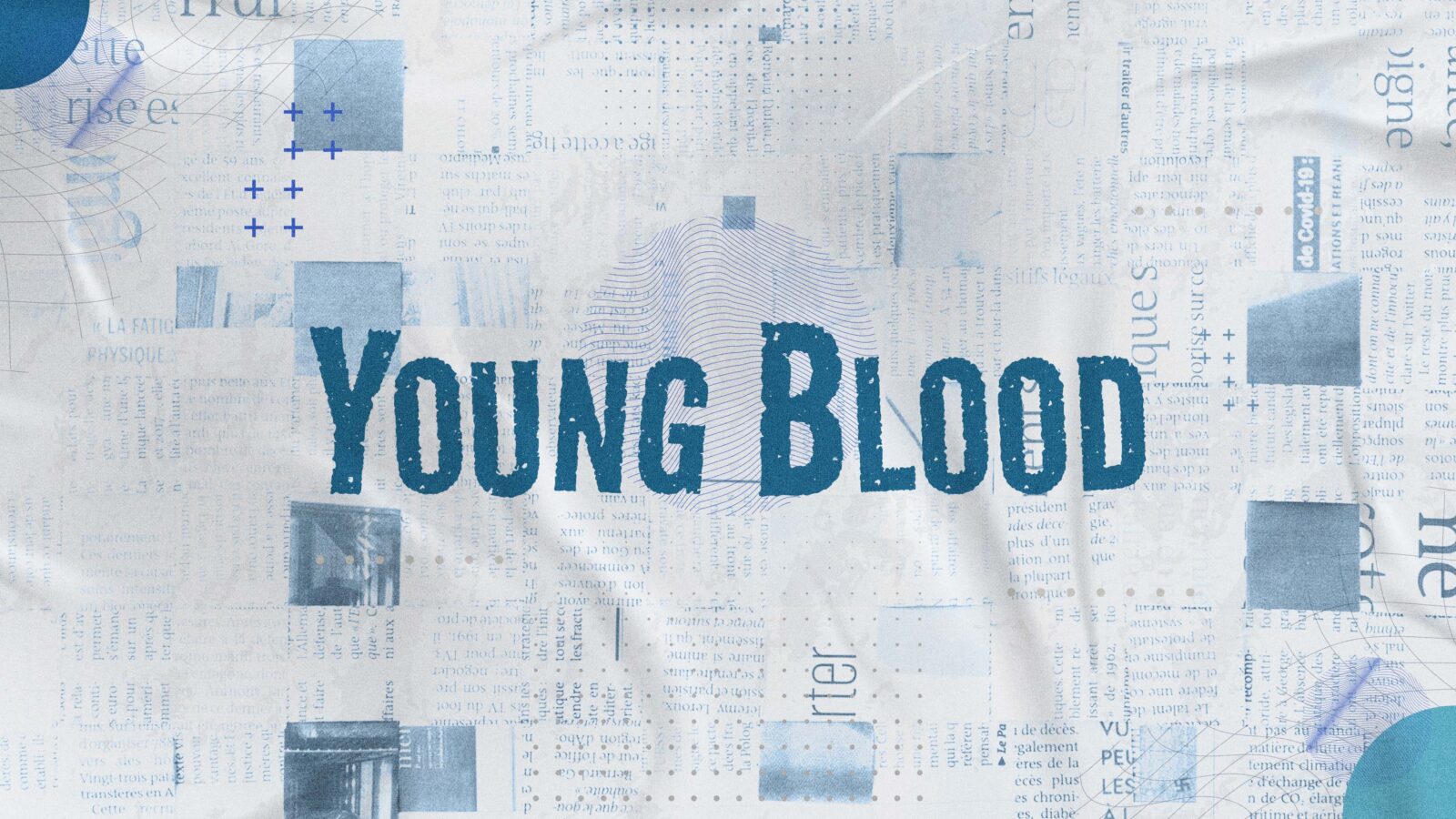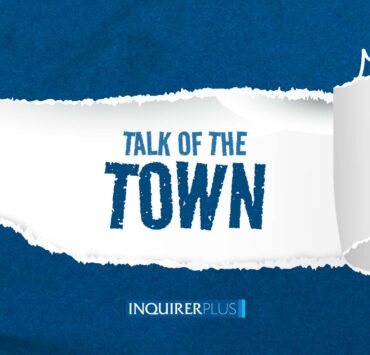Learning to slow down

For most of my life, I believed that being busy meant being successful.
In college, I wore my packed schedule like a badge of honor. I joined multiple organizations, volunteer work, competitions and said yes to almost every opportunity that came my way. I thought I was proving my worth—that the more I could juggle, the more valuable I became.
But everything started to unravel during my final year.
That was when I failed a subject, missed the final submission of my thesis, and lost a close friend unexpectedly. It all came crashing down at once. The grief, the shame, and the overwhelming pressure consumed me. I felt like I had failed everyone—my professors, my family, my peers, and most of all, myself. That unbearable weight led me into my first depressive episode.
Back then, I didn’t understand what I was experiencing. I only knew that something inside me was changing. I began to swing between emotional extremes—high bursts of energy and enthusiasm followed by days of deep sadness and fatigue. I convinced myself it was just burnout.
I kept quiet, thinking I had to “tough it out.”
Years passed, and I assumed I had already moved on.
While on a tourist visa in Australia, I was attending law school in the Philippines remotely and working a part-time online job at the same time. I was far from home, juggling too much again, yet I still didn’t stop. I told myself that if I just worked harder, things would eventually settle down. But they didn’t.
Just before my birthday, everything collapsed again. The stress triggered an episode of psychosis. I had a scheduled flight home—but I never made it to the airport. Instead, I was brought to a mental health facility and confined for treatment. That was my second major breakdown.
And still, I didn’t fully understand what was going on.
The third time, I was back in the Philippines trying to launch a business while taking on too many commitments. I was running on empty. I had already withdrawn from law school, but I hadn’t learned how to slow down. The pressure mounted once more, and I could feel myself
slipping. But this time, I didn’t keep it to myself.
I walked into the office of a former professor—someone I respected deeply but hadn’t spoken to in years. I didn’t know what I expected. Maybe a little guidance. Maybe just someone to listen.
What I got was compassion. She welcomed me, listened without judgment, and gently steered me toward getting professional help.
Through counseling and consultation at the Benedictine Monastery, I finally received a diagnosis: bipolar disorder.
At first, I didn’t want to believe it. I come from a place where mental health isn’t often discussed, where it’s misunderstood or brushed off entirely. I was afraid of being labeled. I was afraid people would see me differently. But with time, I realized something powerful—my
diagnosis didn’t define me. It explained me. It gave me language for what I was experiencing.
And more than anything, it offered a path to healing.
Today, I manage my condition with medication, regular psychiatric check-ups, and a strong focus on self-care. My family has been unwavering in their support. They never questioned my worth. They stood by me, loved me through it all, and reminded me that healing is not weakness—it’s strength.
Now, at 27, I work as a freelance recruiter and project coordinator. I’ve accepted that I have limitations, and I’ve learned to live within them—not as a form of resignation, but as a form of respect for my well-being. I carry a psychosocial disability, and I hold my PWD ID, not with
shame, but with quiet pride—not because I see myself as broken, but because I know what I’ve overcome.
If I could go back in time and speak to my younger self—the one crying over a failed subject and an unfinished thesis—I would hold her hand and say: “You are not a failure. You are human. You don’t need to earn your worth by carrying the weight of the world. You are allowed to rest. You are allowed to breathe. Life is not a competition.”
I’m sharing this story because I know I’m not alone. There might be someone reading this who is desperately trying to hold everything together while falling apart inside.
If that’s you, please know this: mental health matters. You matter. There is no shame in seeking help. You are not weak for needing support. You are not alone—and you never were.
Slow down. Listen to yourself. Healing takes time. And life—real, meaningful life—begins not when you’re at your busiest, but when you finally give yourself permission to simply be.
—————-
Glor, 27, is a freelancer from Digos City. She lives with bipolar disorder and is an advocate for mental health awareness and self-acceptance.

















